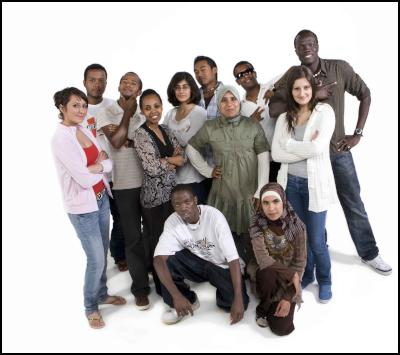Jonathan Coleman said in a speech at the Refugee Forum in June that the Government's new approach aimed to reduce the high dependency that refugees had on the state. But what will that look like in real terms? What are the issues facing refugees in this country?
New Zealand continues to accept its responsibility in this area. New Zealand resettles an average of 750 quota refugees per annum referred by the United Nations High Commissioner for Refugees (UNHCR). But with those sorts of numbers arriving annually the need to have them move from dependency on the state to independence is continuing to grow.
The programmes and support offered to refugees have to focus on their needs as individuals. Often times refugees arrive unskilled, with horrific experiences in their past. Often the result is poor self-esteem, negative self-image and lack of drive. But with targeted language programmes, support in finding work and assistance in intergrating into the wider community there is hope them and their offspring.
Often times the pressure on these groups does not come from lack of support from local and central government but is rather that emanating from the wider community. Not everyone is as accommodating as they should be. With a little more patience, tolerance and understanding from all of us many more refugees will make the successful transition from dependence to independence.
Further reading:
- Refugee services
- Change Makers: Refugee Forum
- Auckland Regional Migrant Services Charitable Trust
- Refugee Health website
- Refugees as Survivors New Zealand
Exhibition:
The Mixing Room: Stories from young refugees in New Zealand@TePapa
Tweet


No comments:
Post a Comment